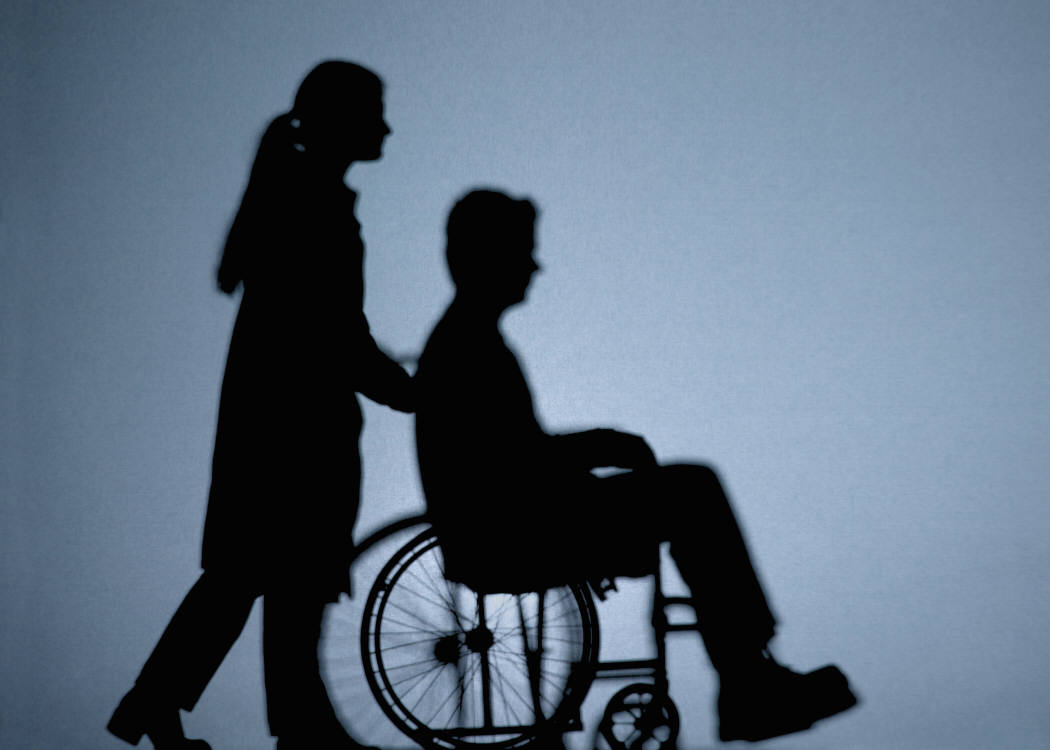
After the Suffolk County Department of Social Services (DSS) determined that all of John's money--which consisted of Social Security and a private pension--would go to the facility, John challenged the decision on the grounds that his wife, Francis, needed some of the funds to support herself.
While a law known as the Medicare Catastrophic Coverage Act provides that a non-institutionalized spouse may keep "necessary, but not excessive, income and assets," that formula can only be modified in "exceptional circumstances."
Arguing that DSS's calculations presented his spouse with "significant financial distress," John sought to have her allowance increased. (Apparently, Francis's expenses--such as mortgage payments, real-property taxes, food, prescription drugs, and payment of credit-card debt--incurred before her husband was institutionalized, were nearly double her monthly income.)
On its review of the case--filed pursuant to CPLR Article 78--the Appellate Division, Second Department, found that Francis was entitled to an upward modification because her monthly expenses were all "necessities of daily living."
Because it didn't believe the term "exceptional circumstances" encompassed ordinary living expenses, the New York State Court of Appeals reversed. While the law's intent was to prevent "financial disaster," our state's highest court was of the view that didn't mean an individual was entitled to maintain his/her lifestyle or standard of living.
Absent a demonstration of "hardship," our state's highest court reversed the AD2's determination and reinstated the DDS's original calculations.
Can't take it with you.
To view a copy of the Court of Appeal's decision, please use this link: Matter of Balzarini v. Suffolk County Dept. of Social Services

